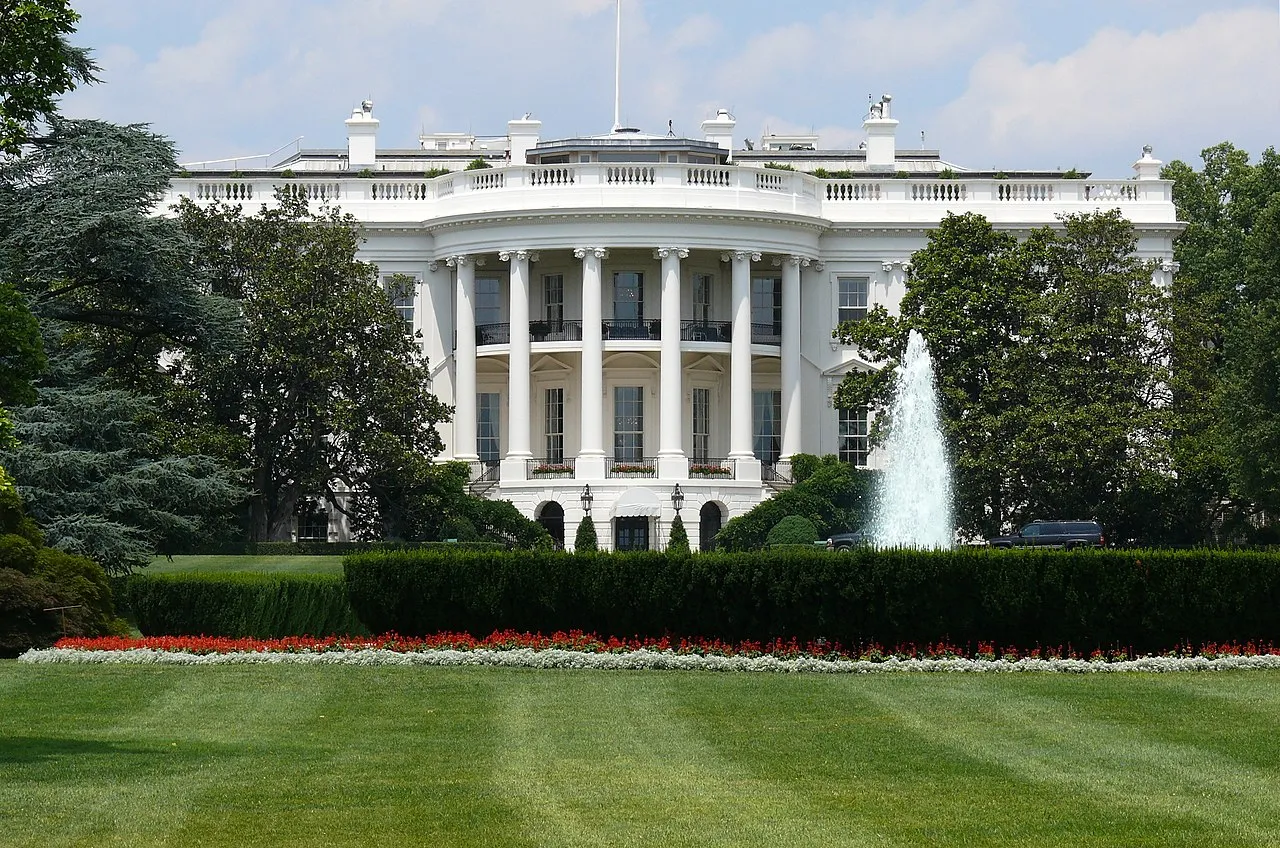Travel in the Trump Era: What's Actually Changed for Visitors?

Skift Take
The Trump administration has tightened visa vetting procedures and border controls, and several countries have revised their advice for citizens traveling to the U.S.
We take a look at what exactly has changed and how it could impact certain tourists visiting the U.S. and American citizens traveling abroad.
Has There Been a Change in U.S. Policy?
In terms of policy, not much has changed for foreign visitors applying to enter. For years, citizens of 43 countries, including most European countries, have been able to visit the U.S. visa-free for up to 90 days. They must have a valid passport that is not set to expire within six months, and most people are required to obtain an Electronic System for Travel Authorization (ESTA).
Those rules are unchanged.
In countries not participating in the visa-free travel agreement, visas are vetted in consulates in their home countries. These requirements haven't changed either.
U.S. Customs and Border Protection (CBP) officers are allowed to question tourists about why they're visiting the U.S., how long they plan to stay, and where. As has always been the case, they can make the final call at the airport about whether someone can enter, regardless of whether they have an ESTA.
Why Are People Worried About Traveling to the U.S.?
The issue is intensified enforcement of rules at the border. Under laws pre-dating Trump, U.S. border agents have wide discretion.
There have been highly publicized reports in recent weeks of international visitors attempting to enter the U.S. from other countries and being denied entry at border checkpoints. For example: Three German tourists were detained for weeks and then deported.
The travel sector is watching to see if tourists will cancel their future trips out of fear of not being able to gain entry or being subjected to mistreatment.
Germany and the UK have issued advice citing risks of "arrest, detention, and deportation.”
"There is no legal recourse against this decision. German diplomatic missions abroad are unable to influence the reversal of a denial of entry," Germany’s advice states.
A Trump executive order has called for stricter vetting of anyone seeking entry to the U.S., “particularly those aliens coming from regions or nations with identified security risks."
And with a potential second travel ban looming, this is all adding to tourists’ concerns.
Nearly 1 million people enter the U.S. each day, according to U.S. Customs and Border Control.
What About Travelers With Green Cards?
U.S. citizens and permanent residents do not need a visa to reenter the U.S. after traveling abroad. But are there issues for green card holders re-entering the U.S. after traveling abroad?
The American Civil Liberties Union (ACLU) says U.S. citizens have the right to enter the country, and lawful permanent residents “generally cannot be denied entry to the United States,” though they may be subject to further inspection or questioning.
However, the Trump administration recently stopped processing some green cards to "do more vetting" after Trump's executive order.
A recent Washington Post article cited immigration lawyers who have changed their advice to green card holders seeking re-entry to the U.S.: “You are subjecting yourself to scrutiny when you attempt to reenter the United States,” said one.
This concern follows a viral TikTok video of legal permanent residents being interrogated at U.S. airport checkpoints and pressured to sign forms renouncing their status. Yet "confirmed detentions appears limited to a handful of highly publicized incidents," the Washington Post said.
Has U.S. Passport and Visa Processing Slowed?
Last fall, the U.S. State Department was making a push, thanks to a $50 million funding injection, to reduce bottlenecks affecting passport processing. By October, wait times had been cut by two weeks on average, officials said.
The agency hasn't yet released data on Trump-era visa processing numbers to reveal if there's been any change in the pace of approval of different types of visas, including B-2 tourism visas.
What About People Who Don't Identify With The Sex Assigned To Them At Birth?
Some foreign visitors who are transgender or non-binary face specific concerns following a Trump executive order that says U.S. policy recognizes only two genders on passports and other federal-issued documents.
France recently warned that travelers must now state their “assigned gender at birth” when applying for visas. For new visa or ESTA applications, France said it “should be noted that a section has been added that requires, pursuant to the presidential decree of January 20, 2025, the indication of ‘sex at birth.’” Denmark and Finland have also added similar advice.
The disclosure of sex at birth causes “a range of problems,” an ACLU spokesperson told Skift. “The other large effect is just the fear, the chaos, and the confusion it’s causing about transgender, intersex and non-binary travelers,” she said.
The ACLU is suing on behalf of seven transgender and nonbinary people on the grounds that the policy violates their constitutional rights and the Administrative Procedure Act.
Trump's executive order changed a policy in place since 2022 that allowed U.S. citizens to select "X" as their gender marker on passports, visas, and Global Entry cards.
For U.S. citizens who already have a valid passport, issued prior to these changes, those passports remain valid for travel. But for people who have received it since, with a marker not matching who they are, or who now need to renew their passport, this is where the main issues lie, the ACLU spokesperson said.
“One of our plaintiffs who spoke publicly on the case had to cancel his travel to Ireland because his passport was not issued. It was part of the administrative pause, and the State Department held onto his passport for multiple months,” she said, adding: “We’re seeing lots of instances of that.”
“Just not knowing how the U.S. might handle situations like this means a lot of insecurity and uncertainty about our borders right now, and about who might be scrutinized or detained.”





